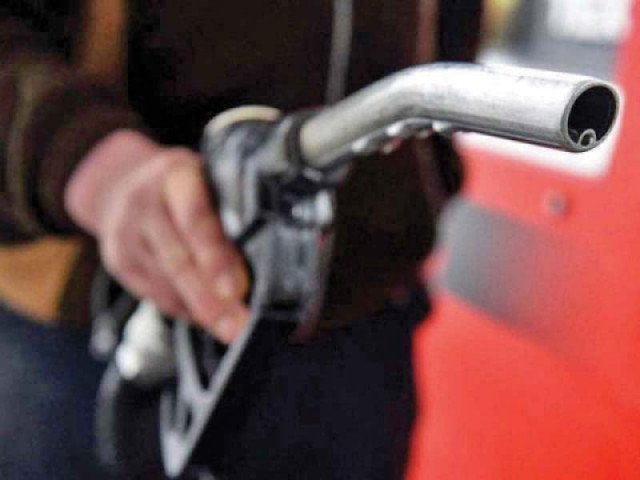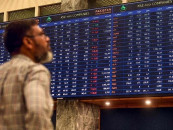Here's how much more Pakistani oil consumers are paying than global prices
Heavy taxes have severely hit transport and agriculture sectors

The previous fiscal year was the worst for Pakistan’s oil consumers during which they paid the highest rate of GST on diesel. PHOTO: FILE
Consumers have been paying up to 38% higher price for petroleum products compared to prices prevailing in the international market as the government struggles to make up for the revenue shortfall.
Oil consumers paying up to 38% extra
Among petroleum products, diesel is consumed the most and it is extensively used in the agriculture and transport sectors. Its high price hurts farmers and triggers an increase in inflation as passenger travel and goods transportation becomes expensive.
According to a report prepared and sent by the Oil and Gas Regulatory Authority to the Economic Coordination Committee, the previous fiscal year was the worst for Pakistan’s oil consumers during which they paid the highest rate of general sales tax (GST) on diesel.
Consumers paid up to Rs29.57 in GST on every litre of diesel during 2015-16 along with Rs6 in petroleum levy, the report revealed.
They also paid up to Rs15.22 in GST on per litre of petrol, Rs13.18 per litre on kerosene oil and Rs12.21 per litre on light diesel oil (LDO), which were the highest tax rates charged for a few months.
Owing to increase in global crude oil prices later, the tax on diesel was reduced to Rs19.39 per litre in the current fiscal year when the government tried to absorb some of the hike in crude prices to provide relief to the consumers.
In the current year, the highest rate of GST on petrol was Rs10.71 per litre, kerosene oil Rs2.83 and LDO Rs4.64.
In 2013-14 when the current government came to power, the maximum rates of GST were Rs16.96, Rs16.45, Rs15.71 and Rs14.71 per litre on diesel, petrol, kerosene oil and LDO respectively.
Crude oil production reaches record high of 100,000 bpd
The increase in prices of petrol and diesel directly affects consumers. For example, in Punjab, gas supply to compressed natural gas (CNG) retail outlets had been stopped for a couple of years. Since petrol is an alternative fuel, motorists have switched to this source and its demand has gone up in the province.
Overall, the government is collecting over Rs25 billion in GST on petroleum products and Rs10 billion in petroleum levy every month.
Published in The Express Tribune, March 25th, 2017.
Like Business on Facebook, follow @TribuneBiz on Twitter to stay informed and join in the conversation.



















COMMENTS
Comments are moderated and generally will be posted if they are on-topic and not abusive.
For more information, please see our Comments FAQ